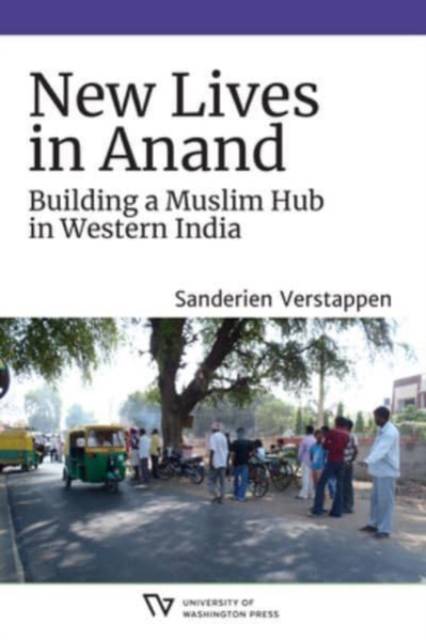
- Afhalen na 1 uur in een winkel met voorraad
- Gratis thuislevering in België vanaf € 30
- Ruim aanbod met 7 miljoen producten
- Afhalen na 1 uur in een winkel met voorraad
- Gratis thuislevering in België vanaf € 30
- Ruim aanbod met 7 miljoen producten
Omschrijving
In 2002 widespread communal violence tore apart towns and villages in rural parts of Gujarat, India. In the aftermath, many Muslims living in Hindu-majority villages sought safety in the small town of Anand. Following such dramatic displacement, the town emerged as a site of opportunity and hope. For its residents and transnational visitors, Anand's Muslim area is not just a site of marginalization; it has become an important focal point and regional center from which they can participate in the wider community of Gujarat and reimagine society in more inclusive terms.
This compelling ethnography shows how in Anand the experience of residential segregation led not to estrangement or closure but to distinctive forms of mobility and exchange that embed Muslim residents in a variety of social networks. New Lives in Anand moves beyond established notions of ghettoization to foreground the places, practices, and narratives that are significant to the people of Anand.
New Lives in Anand is available in an open access edition through the Sustainable History Monograph Pilot, thanks to the generous support of the Andrew W. Mellon Foundation.
Open access edition: DOI 10.6069/9780295749655
Specificaties
Betrokkenen
- Auteur(s):
- Uitgeverij:
Inhoud
- Aantal bladzijden:
- 202
- Taal:
- Engels
- Reeks:
Eigenschappen
- Productcode (EAN):
- 9780295749631
- Verschijningsdatum:
- 26/07/2022
- Uitvoering:
- Hardcover
- Formaat:
- Genaaid
- Afmetingen:
- 152 mm x 229 mm
- Gewicht:
- 471 g

Alleen bij Standaard Boekhandel
Beoordelingen
We publiceren alleen reviews die voldoen aan de voorwaarden voor reviews. Bekijk onze voorwaarden voor reviews.











